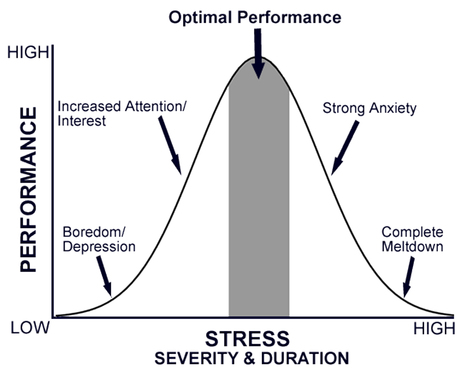Reframing a problem helps you see it as an opportunity, and Seelig offers three techniques for finding innovative solutions:
1. Rethink The Question
Start by questioning the question you’re asking in the first place, says Seelig. "Your answer is baked into your question," she says.
Before you start brainstorming, Seelig suggests you start "frame-storming": brainstorming around the question you will pose to find solutions. For example, if you’re asking, "How should we plan a birthday party for David?" you’re assuming it’s a party. If you change your question to, "How can we make David’s day memorable?" or "How can we make David’s day special?" you will find different sets of solutions.
Via The Learning Factor



 Your new post is loading...
Your new post is loading...












To really make this work, add a dose of people who DON'T think like you - those you regularly disagree with, or wonder what planet they are on. The follow these three techniques and stay open to all the ideas generated.
Brain fodder!
I love this idea about "frame-storming". The answers we get do depend on the way we ask the question.